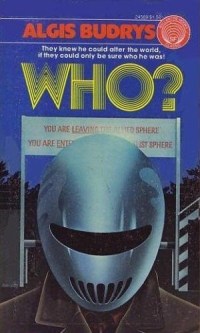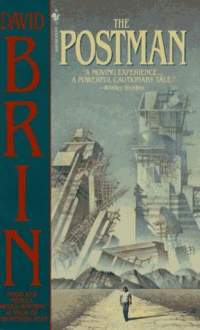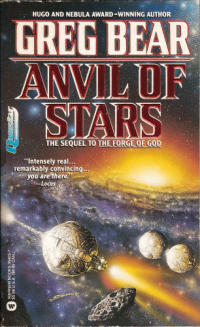EX-KOP by Warren Hammond
 Wednesday, November 17, 2010 at 7:54PM
Wednesday, November 17, 2010 at 7:54PM 
Published by Tor on March 2, 2010
Juno and Maggie are back in another brisk, violent story of life on Lagarto. The noir atmosphere so masterfully created in KOP is just as effectively rendered in EX-KOP. Particularly strong is a subplot involving Juno's need for money to pay for a new spine for his wife who, hospitalized after a suicide attempt, has no desire to live. Juno wrestles with the moral and personal issues presented by his wife's desire to die, a dilemma that humanizes Juno, making him all the more appealing to the reader. That humanization is necessary given Juno's immediate disregard for the possible innocence of a convicted murderer, whose case Maggie hires him to investigate. Of course, Juno revises his opinion as the novel progresses, and Hammond does a fine job of letting suspense build as we wait to see whether the prisoner will be saved from execution.
The ending of this novel sets the scene for an anticipated third novel in this entertaining series. I look forward to reading it. If you like action and a sense of noir in your sf, you shouldn't miss the KOP books.
RECOMMENDED




